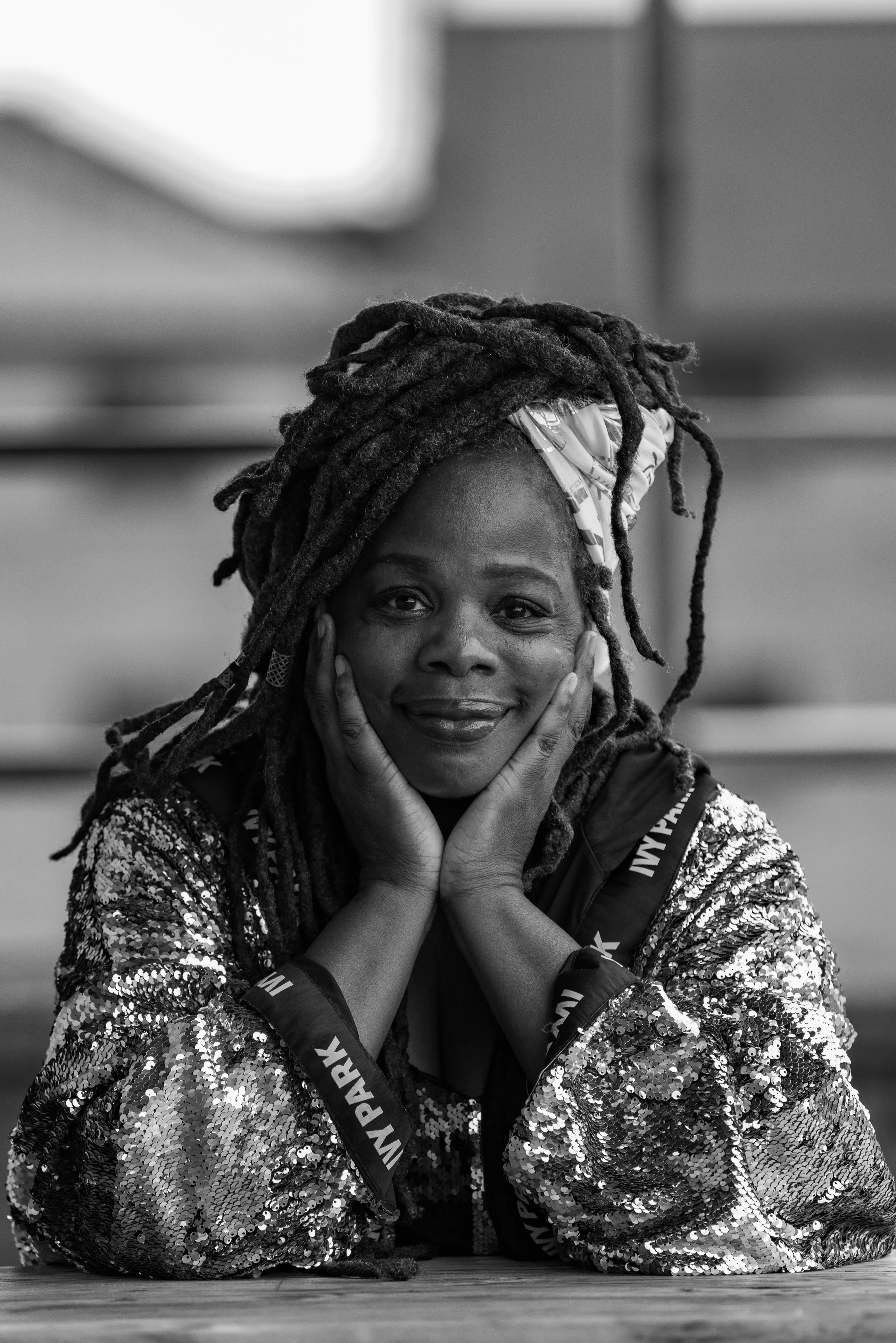I won’t change how I look to be more ‘acceptable’ – and I won’t be treated like a novelty
Black women sit at an intersection of gender and race, so we have to deal with whole new levels of discrimination, writes Sistah Space founder Ngozi Fulani

Your support helps us to tell the story
From reproductive rights to climate change to Big Tech, The Independent is on the ground when the story is developing. Whether it's investigating the financials of Elon Musk's pro-Trump PAC or producing our latest documentary, 'The A Word', which shines a light on the American women fighting for reproductive rights, we know how important it is to parse out the facts from the messaging.
At such a critical moment in US history, we need reporters on the ground. Your donation allows us to keep sending journalists to speak to both sides of the story.
The Independent is trusted by Americans across the entire political spectrum. And unlike many other quality news outlets, we choose not to lock Americans out of our reporting and analysis with paywalls. We believe quality journalism should be available to everyone, paid for by those who can afford it.
Your support makes all the difference.My personal experience as a woman, specifically a Black woman, has become even more discerning coming into 2023. The answer to “what it means to be a woman” varies, depending on a variety of intersectional factors such as your ethnic background, age, your size, your nationality, your life circumstances, as well as your ability to speak your truth eloquently.
Black women often sit at the axis of these factors and are often targeted in the worst way. However, since Black women sit at an intersection of gender and race we deal with whole new levels of discrimination. On top of this, we must face anti-blackness from other marginalised communities and often from within our own “safe spaces” and communities. We are not treated the same as our non-Black, counterparts in terms of protection or media coverage and this is a documented fact.
Due to the fact that I do not wish to alter my image, shade, or hair-type to fit into society’s narrative of what is acceptable or palatable I am treated very differently. I am treated almost as a novelty, with comments such as, “Oh, your hair is amazing”, “Wow, you are very articulate”, and “Gosh, I’m sure nobody would dare attack you”. These preconceived comments and assumptions are often made within seconds of meeting me.
Being a woman, a Black woman, and an older woman means that society will not view me in the same manner as other women, this means that I have to be on constant alert to make way for my children and grandchildren. However, as Black women we are not alone, we have each other and I find my strength as a woman, as a Black woman, and as an older Black woman through my community, family, and those who support us.
Despite recent events, a positive that has come out of it is the visibility I have to influence and highlight issues that many people are not aware of. I look forward to continuing to strive for equality, equal rights, and justice.
In conclusion, to be a woman in 2023 in celebration of all those who have paved the path that I walk, I am proud to add to the legacy of Black women and children who have endured discrimination because of their heritage and race... without apology.
The highlight of my life is my children and grandchildren and I am honoured to have the opportunity to make an effective change.
STILL I RISE.
Ngozi Fulani is an activist and the founder of Sistah Space, a specialist charity that supports African and Caribbean heritage women affected by domestic and sexual abuse
Join our commenting forum
Join thought-provoking conversations, follow other Independent readers and see their replies
0Comments